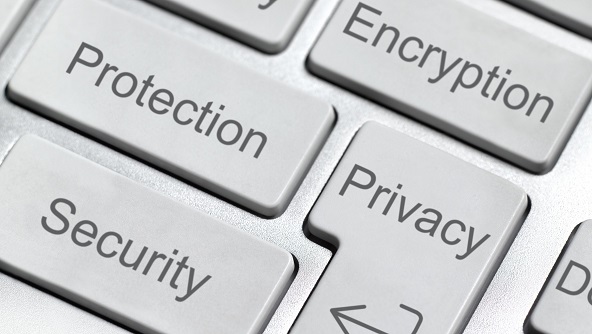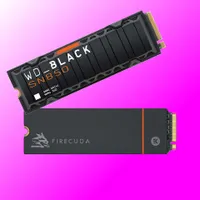Windows 11's new security feature is so secure you'll need to reinstall the OS to use it
Smart App Control is coming, but the cost is a reset for existing Windows 11 users.

Keep up to date with the most important stories and the best deals, as picked by the PC Gamer team.
You are now subscribed
Your newsletter sign-up was successful
Want to add more newsletters?

Every Friday
GamesRadar+
Your weekly update on everything you could ever want to know about the games you already love, games we know you're going to love in the near future, and tales from the communities that surround them.

Every Thursday
GTA 6 O'clock
Our special GTA 6 newsletter, with breaking news, insider info, and rumor analysis from the award-winning GTA 6 O'clock experts.

Every Friday
Knowledge
From the creators of Edge: A weekly videogame industry newsletter with analysis from expert writers, guidance from professionals, and insight into what's on the horizon.

Every Thursday
The Setup
Hardware nerds unite, sign up to our free tech newsletter for a weekly digest of the hottest new tech, the latest gadgets on the test bench, and much more.

Every Wednesday
Switch 2 Spotlight
Sign up to our new Switch 2 newsletter, where we bring you the latest talking points on Nintendo's new console each week, bring you up to date on the news, and recommend what games to play.

Every Saturday
The Watchlist
Subscribe for a weekly digest of the movie and TV news that matters, direct to your inbox. From first-look trailers, interviews, reviews and explainers, we've got you covered.

Once a month
SFX
Get sneak previews, exclusive competitions and details of special events each month!
Microsoft is getting ready to launch a security feature update for Windows 11 aimed to "help protect hybrid work" from malicious apps and other potential security risks for enterprise users. The price for this extra layer of security is going to be a clean reinstall of Windows 11.
Smart App Control is designed by default to prevent you from running malicious apps downloaded from the web, according to Microsoft (thanks PCWorld). Since the app is woven into the OS (hence the required reset), it keeps track of things on a process level, using a combo of code-signing by the app maker and an "AI model for application trust" to determine if the software is safe. Any app Windows 11 considers shady will be blocked from opening.
Smart App Control isn't the only new feature coming in this security update. There are improvements coming in account and credentials security and encryption. As a part of Microsoft's Zero Trust push, the idea is to improve protection against phishing attacks and better detection for users visiting websites with compromised security.
"Microsoft is continuously investing in improving the default security baseline for Windows and is focused on closing gaps on top attack vectors," says David Weston, VP of enterprise and OS security at Microsoft.
These new security upgrades will be available as part of the upcoming "22H2" security update. This means anyone running 22H1 or older on Windows 11 will have to do a mandatory system reset, or you can opt-out.
If you're still waiting to upgrade to Windows 11, you can hold off until this update goes live and skip having to reinstall Windows.
Best SSD for gaming: The best solid state drives around
Best PCIe 4.0 SSD for gaming: Speedy drives
The best NVMe SSD: Slivers of SSD goodness
Best external hard drives: Expand your horizons
Best external SSDs: Fast, solid, and portable
During the Russian invasion, Ukrainian IT and tech workers have banded together online to counter-hack the cyber attackers by launching DDOS and phishing attacks on Russian digital infrastructure in the ongoing cyber warfare.
"The Strontium attacks are just a small part of the activity we have seen in Ukraine, Burt continues, "Before the Russian invasion, our teams began working around the clock to help organizations in Ukraine, including government agencies, defend against an onslaught of cyberwarfare that has escalated since the invasion began and has continued relentlessly."
Keep up to date with the most important stories and the best deals, as picked by the PC Gamer team.

Jorge is a hardware writer from the enchanted lands of New Jersey. When he's not filling the office with the smell of Pop-Tarts, he's reviewing all sorts of gaming hardware, from laptops with the latest mobile GPUs to gaming chairs with built-in back massagers. He's been covering games and tech for over ten years and has written for Dualshockers, WCCFtech, Tom's Guide, and a bunch of other places on the world wide web.


